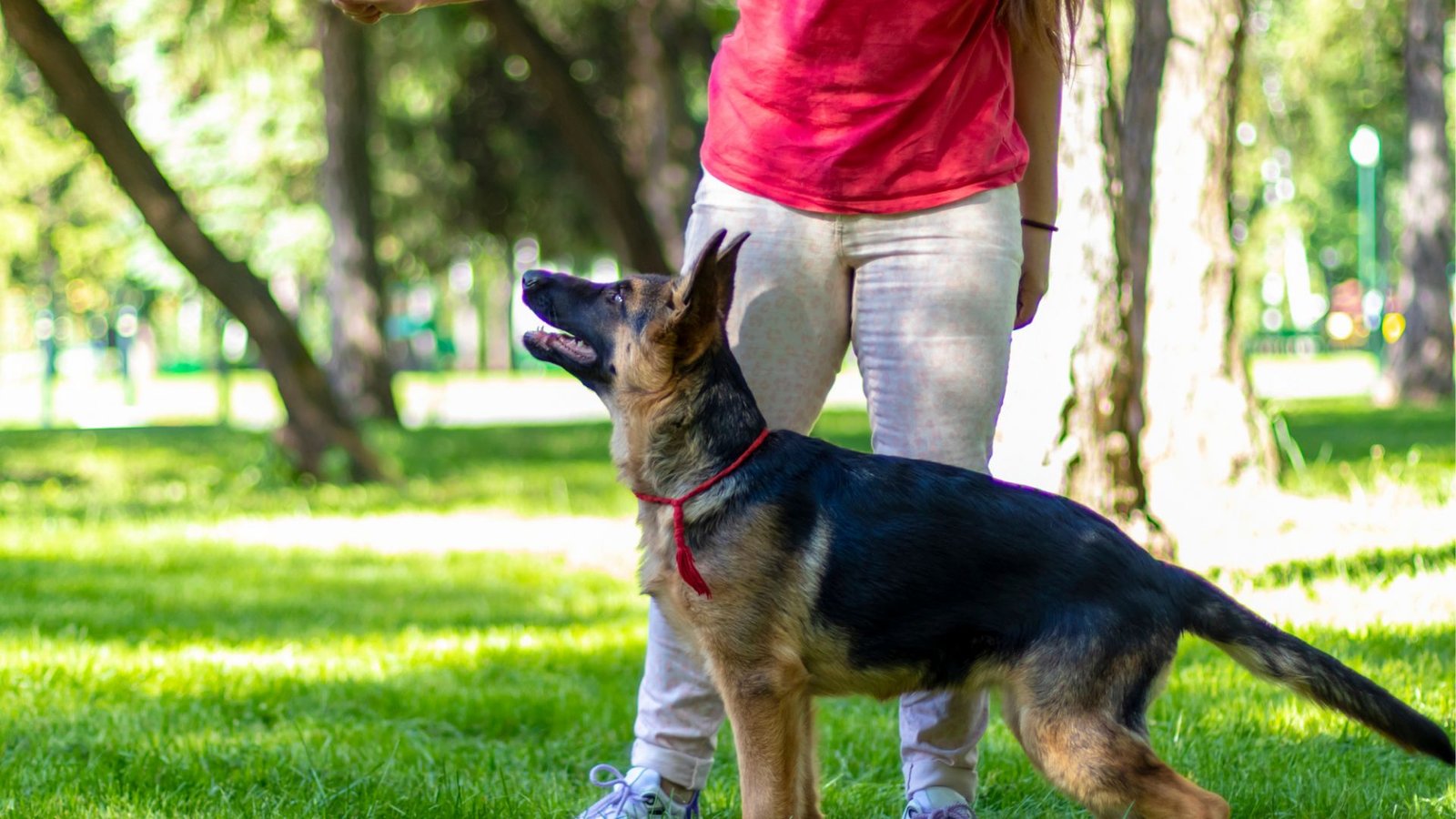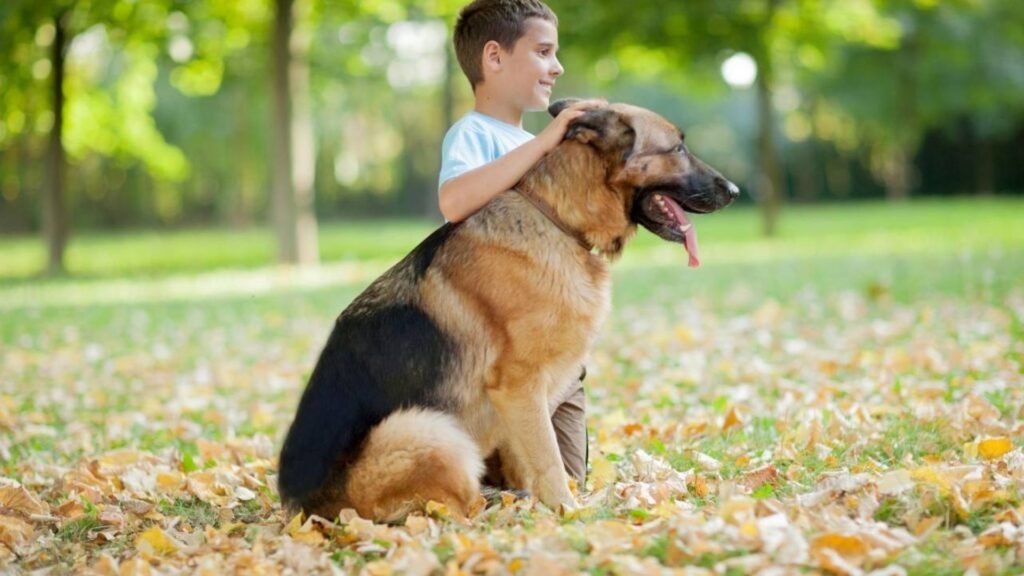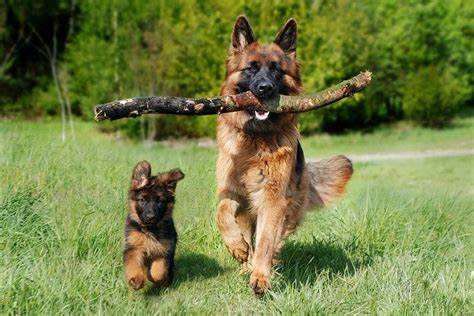
Adopting a German Shepherd: Tips for First-Time Owners
German Shepherds are one of the most popular and versatile dog breeds in the world, known for their intelligence, loyalty, and work ethic. They are often used as police, military, and service dogs due to their trainability and protective instincts. However, these traits also mean they require a committed and informed owner who can meet their physical and mental needs. If you’re a first-time dog owner or considering adopting a German Shepherd, it’s important to understand what this breed requires. With the right knowledge, you can provide your new dog with a loving home, a well-rounded routine, and the training they need to thrive. Here are some essential tips to guide you through the process of adopting a German Shepherd and helping them become a well-adjusted family member.

Understanding the German Shepherd Breed
Before adopting a German Shepherd, it’s crucial to understand what makes them unique. This breed is known for:
- Intelligence: German Shepherds are highly intelligent and eager to learn. They excel in obedience training and are often used in various working roles, such as search-and-rescue, herding, and as service dogs.
- Energy Levels: They are an active breed that requires regular physical and mental stimulation. Without enough exercise or engagement, they may become bored and exhibit destructive behaviors.
- Loyalty and Protective Nature: German Shepherds are incredibly loyal to their families and can be protective, making them excellent guard dogs. However, this means early socialization is important to prevent territorial or aggressive behaviors.
Knowing these traits will help you determine if a German Shepherd is the right fit for your lifestyle.
Prepare for a High-Energy Dog
German Shepherds are not low-maintenance when it comes to exercise. They are naturally energetic and require both physical and mental stimulation to stay healthy and happy.
Exercise Needs:
- Daily Walks: German Shepherds need at least 1 to 2 hours of exercise per day. This can include walks, runs, or playtime in the yard.
- Mental Stimulation: In addition to physical exercise, German Shepherds thrive when they are mentally challenged. Puzzle toys, obedience training, agility exercises, and interactive play can keep their minds engaged.
- Off-Leash Time: If you have a safe, enclosed area, allowing your German Shepherd to run off-leash can help burn off excess energy. They love to run, and it’s a great way for them to exercise both their body and mind.
Activities to Try:
- Fetch: A game of fetch is a great way to engage your dog’s mind and body. It allows them to use their retrieving instinct and tire themselves out.
- Agility Training: Many German Shepherds enjoy agility training, which also provides mental stimulation.
- Swimming: If you have access to a safe body of water, swimming is an excellent low-impact exercise that works all of their muscles.
Training and Socialization
Training a German Shepherd is essential, not only for obedience but also to ensure they become well-mannered and well-adjusted dogs. This breed is highly trainable but requires a strong, consistent leader.
Early Training:
- Start Early: The earlier you begin training your German Shepherd, the better. Ideally, start at 8 weeks old or as soon as you bring them home.
- Consistency is Key: Use positive reinforcement methods like treats, praise, and playtime to reward good behavior. German Shepherds respond well to clear commands and consistency in expectations.
- Basic Commands: Focus on basic commands such as sit, stay, come, and down. This will not only make your dog more obedient but will also help with safety, especially as they grow larger and stronger.
- Leash Training: German Shepherds are strong and can pull on the leash if not properly trained. Practice walking on a leash using positive reinforcement to discourage pulling.
Conclusion
Adopting a German Shepherd as a first-time owner can be an incredibly rewarding experience, but it does come with a significant commitment. These dogs are loyal, intelligent, and highly trainable, but they also require regular exercise, mental stimulation, consistent training, and proper care. By providing them with a structured routine, early socialization, and plenty of opportunities for physical and mental engagement, you’ll be able to build a strong, lasting bond with your German Shepherd and ensure they become a happy and well-adjusted companion.







